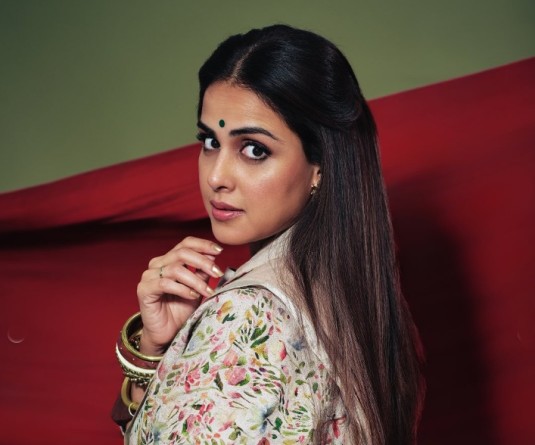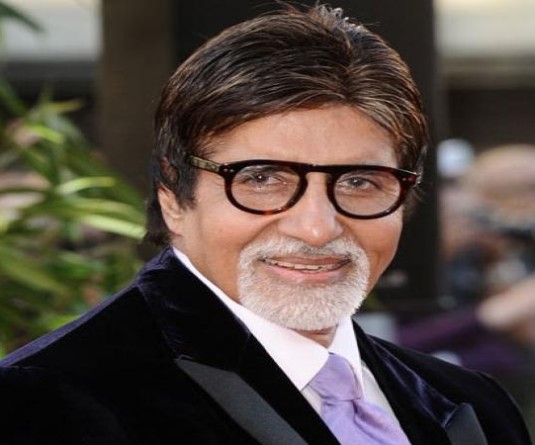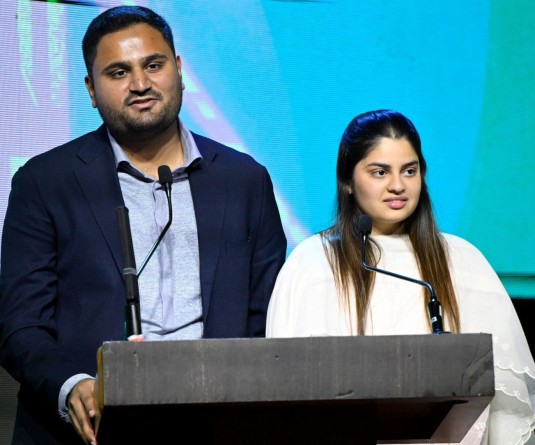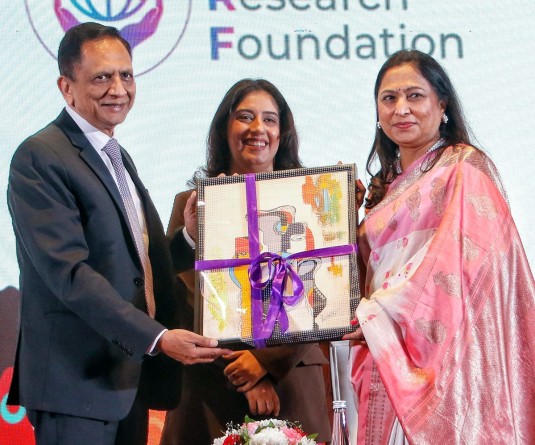Image Source: IANS News
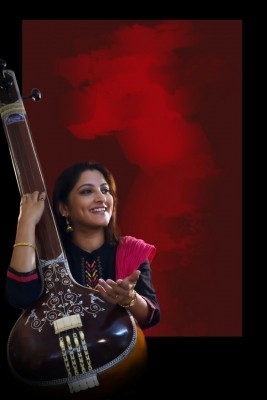
New Delhi, March 21 (IANS) If there is something that has been constant in Sufi singer Smita Bellur's life, the first female Hindustani vocalist to have been accepted into a lineage of traditional Qawwaals, it has been the change.
With a Master's degree MS (QM) from BITS Pilani and Bachelor of Engineering from Bangalore University, Bellur decided to let go of her cushy corporate job at the German software giant SAP to get back to music full-time. Not just that, the singer belonging to Jaipur-Kirana gharana and trained in Hindustani Classical decided to enter the realm of Sufi.
"I have loved this journey of getting out of my comfort zone and trying to go with the flow. It was not really easy, but He has been kind. My corporate job was supposed to be plan B and it played out for a while; the Plan A -- of being a full time musician came into fruition after my daughter was born. There has been no looking back ever since," said the vocalist who was part of the recent 'The Classic Bagh Festival' presented by Jodhpur RIFF and the British Council, in association with the Aga Khan Trust for Culture.
Stressing that Sufi music exists in Hindustani classical music, so it wasn't a transition per se -- but more of specialisation, she added, "Many Khayals are based on Sufi poetry. Without the knowledge of ragas, one cannot sing Sufi music. And how can you enjoy Khayal to its fullest unless you know about Sufism. In so many ways, they complement each other."
Although Bellur has been listening to qawwali since childhood, but the turning point came when she listened to Ustad Aziz Ahmed Warsi singing 'Allah Hoo'. "It was so engaging that I was transported to another plane, and thus got hooked onto it. I love Sufi music in its traditional avtar -- encased in Hindustani Classical ragas."
Even as the second phase of the pandemic is haunting many states and auditoriums have been asked to operate at reduced capacities, Bellur said that in the early phase of the pandemic, there was a deluge of music through social media. "Poor sound slowly improved, but there is now a fatigue where it concerns digitally served music. Not just artists, even the audiences are missing live music tremendously."
Adding that there need to be more festivals and platforms for music, especially at heritage centres, the singer feels that the ones organised by Tourism departments of different states should invite more folk, classical artistes, Sufi musicians and Qawwals.
Looking forward to some research-based presentations this year, Bellur, besides live performances also plans to work on specially curated digital musical content.


